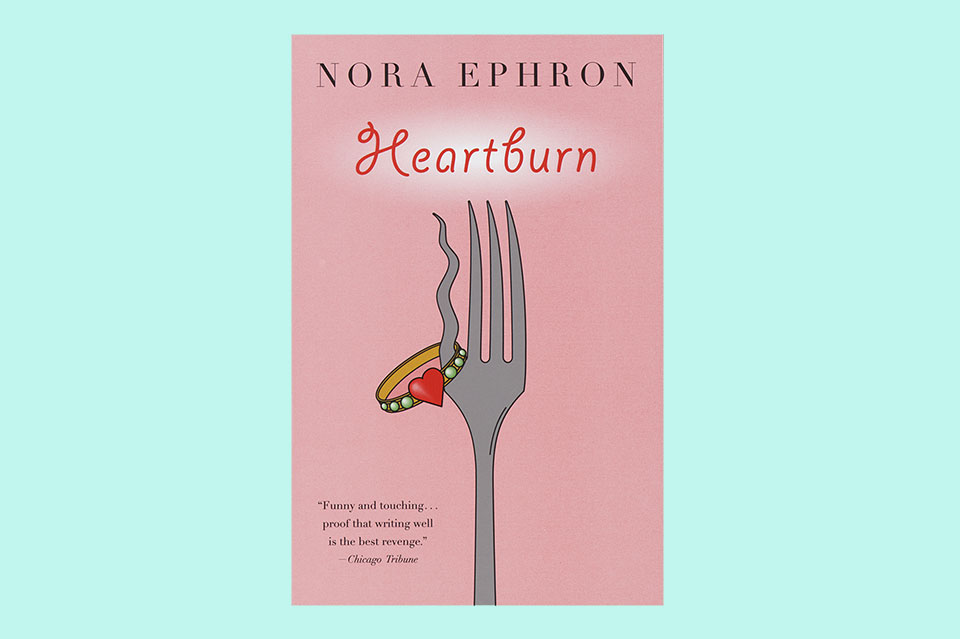

Recently, they have found new life among younger fans, including extremely-online cook Alison Roman the vinaigrette was famously Instagramed by Olivia Wilde.

Fifteen recipes are salted throughout the novel, three alone for potatoes. The novel became a gastronomic touchstone. The husband is “capable of having sex with a venetian blind.” His paramour is filleted as “a fairly tall person with a neck as long as an arm and a nose as long as a thumb and you should see her legs, never mind her feet, which are sort of splayed.” Ephron named her Thelma. It’s a monologue, a diatribe, a roman à clef deployed with heat-seeking barbs.

To some readers, “Heartburn” is barely a novel. “You haven’t lived till you’ve squeezed my Washington Post” is deployed as a lecherous come-on by the president’s assistant. References to The Post, including the Style section, are peppered throughout. “Heartburn” is a Washington novel and a Washington Post novel: It’s based on Ephron’s explosive breakup with legendary Post Watergate reporter Carl Bernstein, who had an affair with the wife of the British ambassador when Ephron was many months pregnant with her and Bernstein’s second child. Others have followed her lead ever since. It is a withering revenge novel that follows one of her most Instagramable, tote-bag-worthy dictums: “Above all, be the heroine of your life, not the victim.” With “Heartburn,” Ephron reaped artistic and financial hay from the heartbreak of her second marriage. In almost every way, Rachel resembles Ephron. “Heartburn” is a comic novel, written in the first person, about cookbook author Rachel Samstat. To celebrate its milestone and longevity in our culture, Vintage is publishing an anniversary paperback edition next month with a one-page intro by actor and fellow gourmand Stanley Tucci. “Heartburn,” a swift bestseller, became tinder for gossip and news coverage, a movie, a moment. Still, she was not yet famous-famous until 1983, when “Heartburn” happened.Įphron’s only novel, published in March of that year, quickly became something greater than the slim bagatelle it appears to be.

This was in the 1960s and ’70s, when she contributed to Esquire and New York. Nora Ephron was a star writer, talk show habitue and media darling when magazines were everything and such a career was possible. From a Washington Post story by Karen Heller headlined “Nora Ephron’s novel ‘Heartburn’ still scorches 40 years later”:


 0 kommentar(er)
0 kommentar(er)
